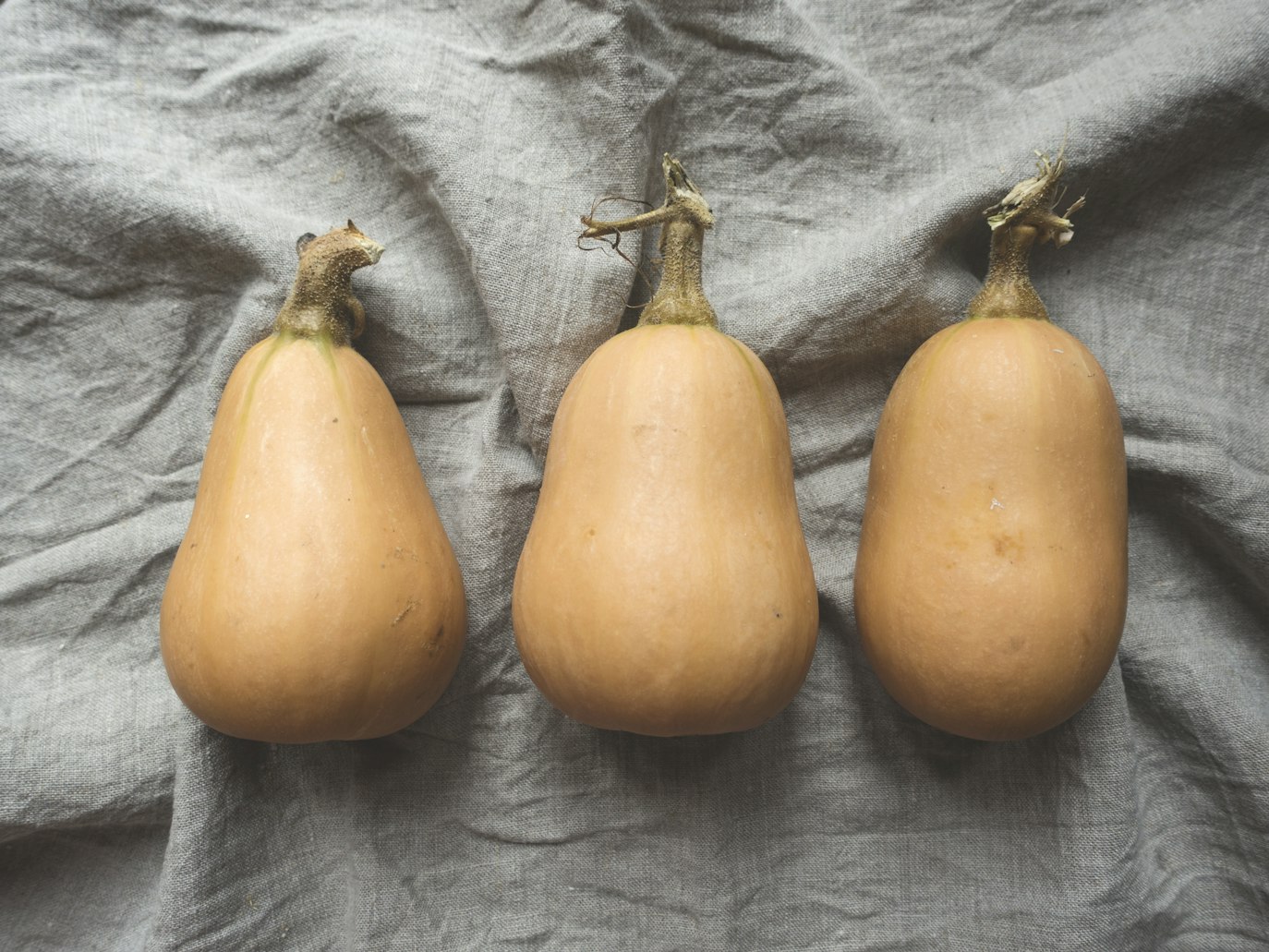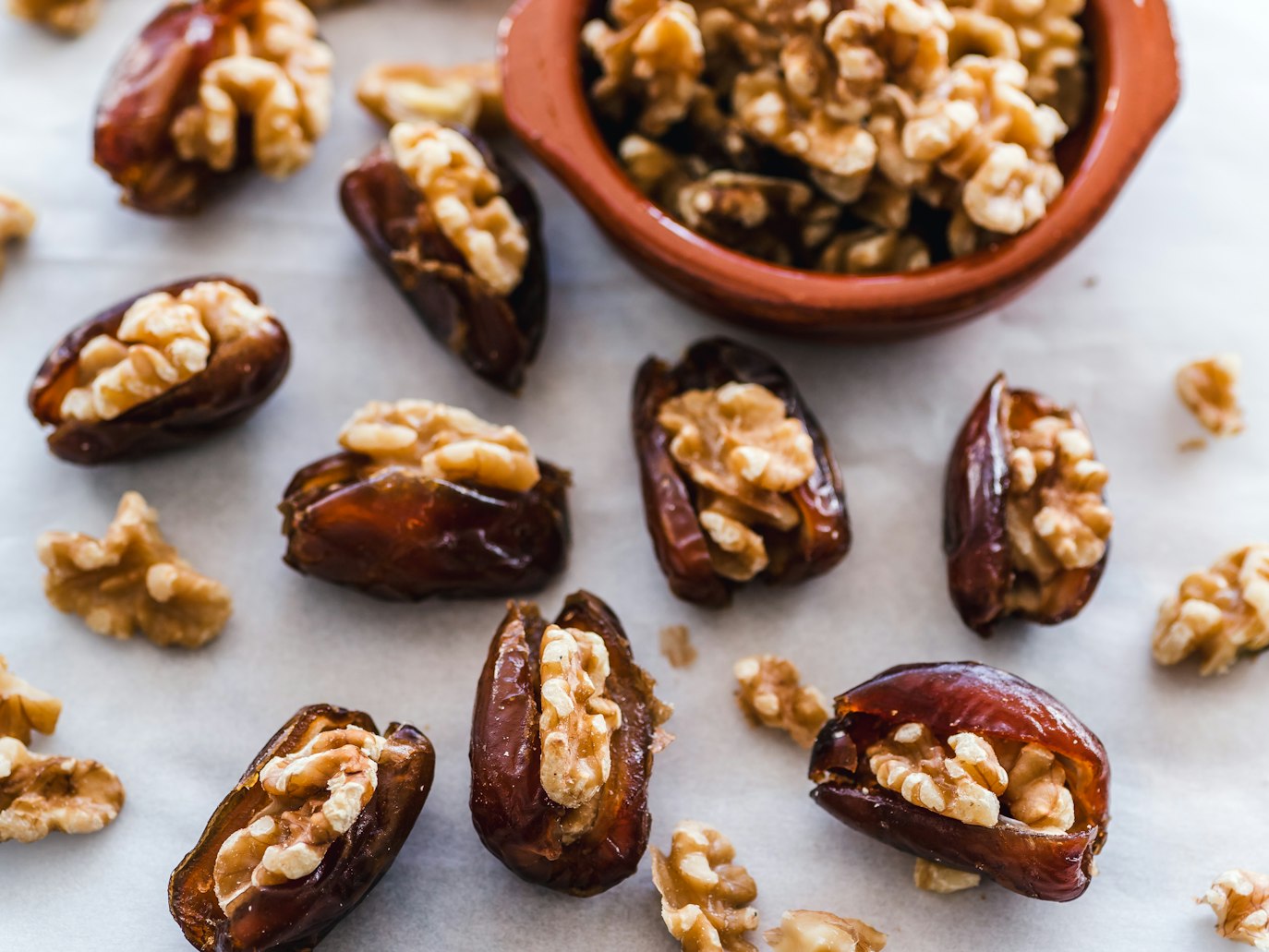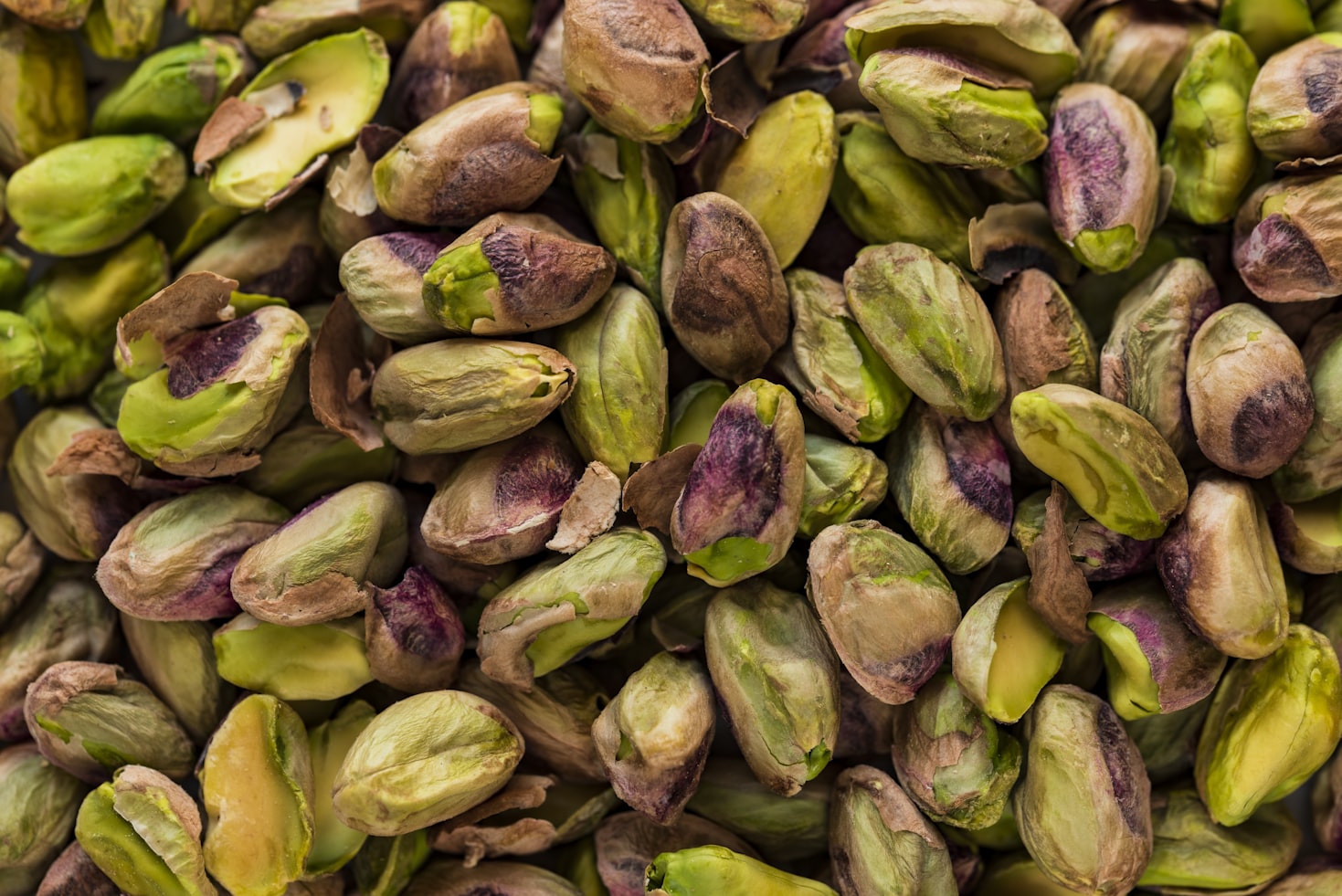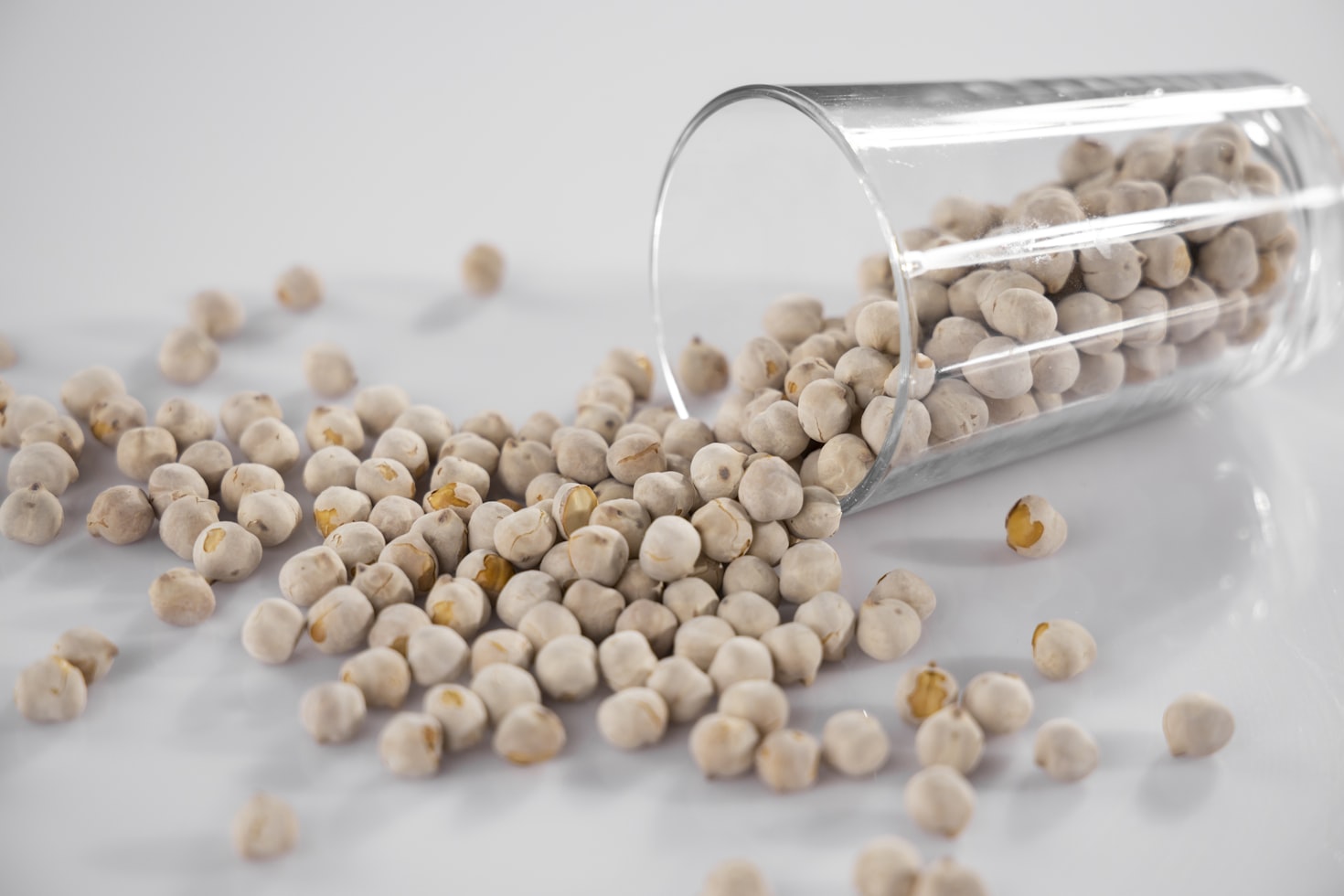Is Squash Keto Friendly?
When following a ketogenic diet, it is essential to carefully consider the carbohydrate content of the foods you consume. Squash, with its various types and flavors, is a popular vegetable that many people enjoy. However, if you are on a keto diet, you may wonder if squash is a suitable option. In this article, we will explore the different types of squash, their nutritional profiles, and their compatibility with a ketogenic lifestyle.
Types of Squash
Squash comes in various shapes, sizes, and colors. Some common types of squash include:
- Butternut squash
- Acorn squash
- Spaghetti squash
- Zucchini
- Yellow squash
Nutritional Profile of Squash
Squash is a nutrient-dense vegetable that offers several health benefits. It is low in calories and fat, making it a great addition to a balanced diet. However, when it comes to a ketogenic diet, the carbohydrate content of squash becomes a crucial factor to consider.
Here is a breakdown of the approximate macronutrient content in 100 grams of various types of squash:
- Butternut squash: 12 grams of carbohydrates, 2 grams of fiber, and 45 calories
- Acorn squash: 9 grams of carbohydrates, 2 grams of fiber, and 40 calories
- Spaghetti squash: 7 grams of carbohydrates, 1.5 grams of fiber, and 31 calories
- Zucchini: 3 grams of carbohydrates, 1 gram of fiber, and 17 calories
- Yellow squash: 3 grams of carbohydrates, 1 gram of fiber, and 16 calories
From the above breakdown, it is evident that some types of squash, such as butternut and acorn squash, contain a higher amount of carbohydrates compared to others like zucchini and yellow squash. This difference in carbohydrate content can significantly impact their compatibility with a ketogenic diet.
Squash and the Ketogenic Diet
Following a ketogenic diet involves consuming a very low amount of carbohydrates, typically around 20-50 grams per day, to induce a state of ketosis. In this metabolic state, the body switches from using glucose as its primary fuel source to burning fat for energy.
Considering the carbohydrate content of squash, it is important to be mindful of portion sizes and choose lower-carb options if you want to incorporate squash into your keto diet. Zucchini and yellow squash, with their lower carbohydrate content, are generally more keto-friendly compared to butternut and acorn squash.
However, even with lower-carb options, it is crucial to track your carbohydrate intake and ensure it fits within your daily limit. Balancing your squash consumption with other low-carb vegetables and high-fat foods is key to maintaining ketosis.
Frequently Asked Questions (FAQ)
1. Can I eat butternut squash on a keto diet?
While butternut squash is delicious and nutritious, it is relatively high in carbohydrates compared to other types of squash. It is best to consume it in moderation and account for its carbohydrate content in your daily intake.
2. Is spaghetti squash keto-friendly?
Spaghetti squash is relatively lower in carbohydrates compared to other types of squash, making it a more keto-friendly option. However, portion control is still important to ensure you stay within your daily carbohydrate limit.
3. How can I incorporate squash into a keto meal plan?
You can incorporate squash into your keto meal plan by choosing lower-carb options like zucchini and yellow squash. You can enjoy them roasted, grilled, or sautéed in healthy fats like olive oil or butter.
4. Are there any squash alternatives for a keto diet?
If you are looking for low-carb alternatives to squash, you can consider using cauliflower or broccoli as substitutes. These vegetables have a lower carbohydrate content and can be used in various keto-friendly recipes.
5. Can I eat squash every day on a keto diet?
While squash can be a part of a keto diet, it is important to consume it in moderation and consider its carbohydrate content. Eating squash every day may increase your carbohydrate intake and potentially hinder your ability to maintain ketosis.
6. Are there any health benefits to eating squash?
Yes, squash offers several health benefits. It is rich in vitamins, minerals, and antioxidants that support overall health. Squash is also a good source of dietary fiber, which aids in digestion and promotes a healthy gut.
Summary
Squash can be a part of a ketogenic diet, but it is important to choose lower-carb options and consume it in moderation. Zucchini and yellow squash are generally more keto-friendly compared to butternut and acorn squash due to their lower carbohydrate content. Portion control and tracking your carbohydrate intake are crucial to maintaining ketosis while enjoying the nutritional benefits of squash. Remember to consult with a healthcare professional or registered dietitian before making any significant changes to your diet.





